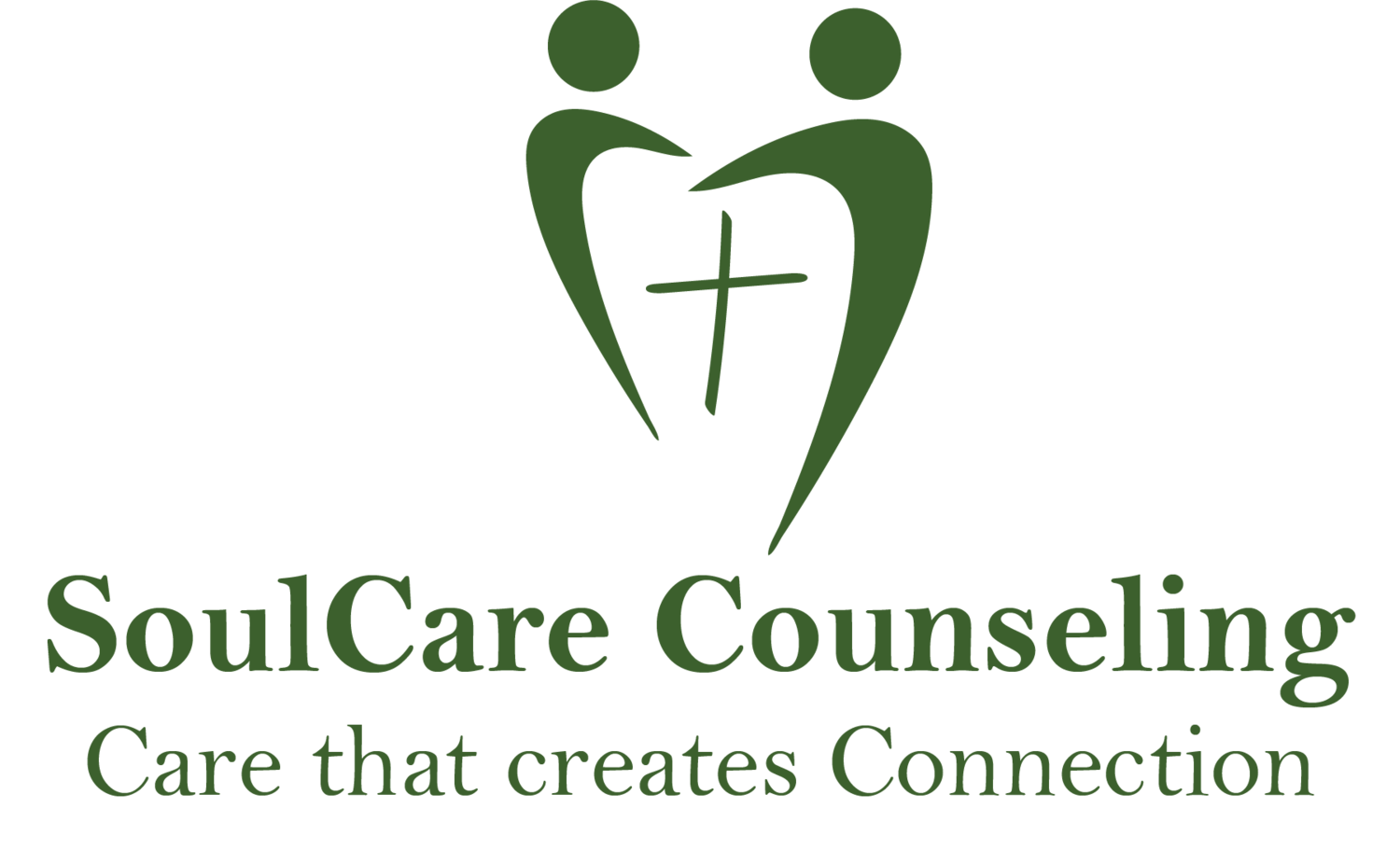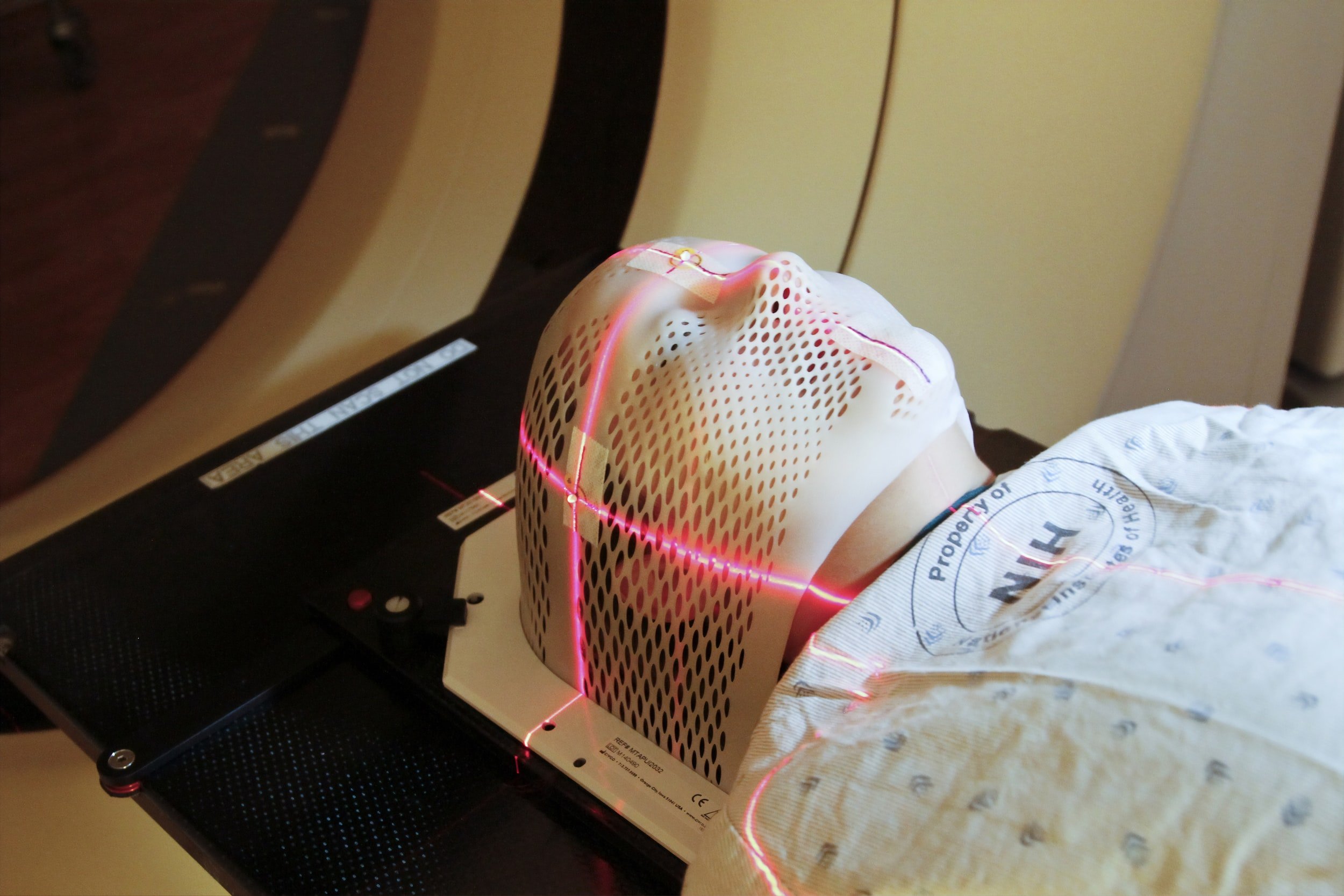What Is Depression?
Depression is a depressing subject, so let me lighten things up with a joke. “My therapist told me the way to achieve inner peace is to finish what I start. So far today I’ve finished two bags of chips and a chocolate cake.” If you’re suffering from depression, maybe you can relate. These are things that people do to mask the symptoms of depression, but the underlying problem remains. If you or a loved one is struggling with depression, it’s important to understand what it is, what causes it, how it affects you, and how to treat it.
What Is Depression? It’s Not Sadness.
If you ask most people what is depression, they will say that it is being sad and down. That’s not true. Everyone has days when they feel down and blue, but sadness is not the same as depression. Depression is an emotional disorder that impacts how you think, feel, and act for long periods of time. It makes you feel disconnected and disinterested in things and people that you love. It keeps you from functioning normally.
Depression is a human condition that goes back thousands of years. In the Bible, in 1 Kings 19, there is an account of the prophet Elijah suffering from what we would call clinical depression. Ancient Romans and Greeks called it “melancholia” and believed it was an imbalance in body fluids that they called “humours.” In the Middle Ages, they blamed it on witches and devils, and treated it with exorcism, burning, and dousing. In the 18th and 19th centuries, people with depression were isolated and shunned. Aren’t you glad you didn’t live back then? Today, we know better what depression is and how to treat it.
Types of Depression
When you look more deeply at what depression is, you’ll find that the word “depression” is actually a general, umbrella term for various specific types of depression. Some types of depression are:
Clinical depression.
This means a doctor has diagnosed you with mild, moderate, or severe depression symptoms.
Chronic depression.
This is also called persistent depressive disorder, or dysthymia. It is a continuous, long-term form of depression.
Reactive depression.
This is depressive episodes triggered by difficult life events like death or a loved one.
Bipolar disorder.
This used to be called manic depression. It is a condition in which people swing from extreme elation to periods of depression.
Prenatal or postnatal depression.
This is depression before or after the birth of a child.
Seasonal affective disorder.
This is also called “S.A.D.” It is depression during certain seasons of the year, particularly winter.
Psychotic depression.
This is depression so severe that it causes hallucinations or delusions.
What Is Depression? Contributing Factors
What is depression caused by? There is no one cause of depression, but some of the factors that can contribute to depression are:
The brain.
Our mood and emotions are regulated by our brain’s distribution of various chemical and by nerve connections. When there is a chemical imbalance or problem in a nerve connection, the result can be alterations in mood and functioning.
Neurotransmitters.
These are the chemicals produced by the brain that help our nerve cells communicate. An imbalance of serotonin, dopamine, and other chemicals can cause depression.
Genes.
We know that depression and bipolar disorder tend to run in families. People who are genetically vulnerable to depression may be more likely to experience stress and low mood.
Life events.
Stressful events trigger chemical reactions that can result in anxiety and depression.
Medical issues.
Medical problems from vitamin B12 deficiency to cancer can cause depression.
Medications.
Certain drugs, such as steroids and blood pressure medications, can have depression as a side-effect.
What Are The Signs Of Depression?
There are usually physical and mental signs of depression, such as:
Physical Signs of Depression
Fatigue
Sleep problems
Changes in weight and appetite
Slowing down in speech or movement
Aches and pains
Reduced sex drive
Changes in menstrual cycle
Mental Signs of Depression
Low mood/sadness with no apparent reason
Feelings of hopelessness
Low self-esteem, worthlessness, self-criticism
Feeling weepy, guilty, or irritable
Loss of motivation or interest
Difficulty making decisions, concentrating, remembering things
Anxiety, feelings of dread and panic, racing thoughts
Thoughts of self-harm or suicide
If you think that you are someone you love is struggling with depression, it’s not something you or they can just “snap out of” or fix with willpower. You or they should visit a doctor who may prescribe medication and talk therapy. This is the usual treatment for depression. While we don’t prescribe medication, we are very good at talk therapy and can help you. I urge you to read about depression treatment, and then reach out to us for a free thirty-minute consultation.
Risper Ngumba is a Licensed Professional Counselor - Associate under the supervision of Dr. Bernis Riley, LPC-S and Certified EFT Therapist. She holds a Master’s Degree in Marriage and Family Therapy. She is taking new clients. Teletherapy is available upon request.




